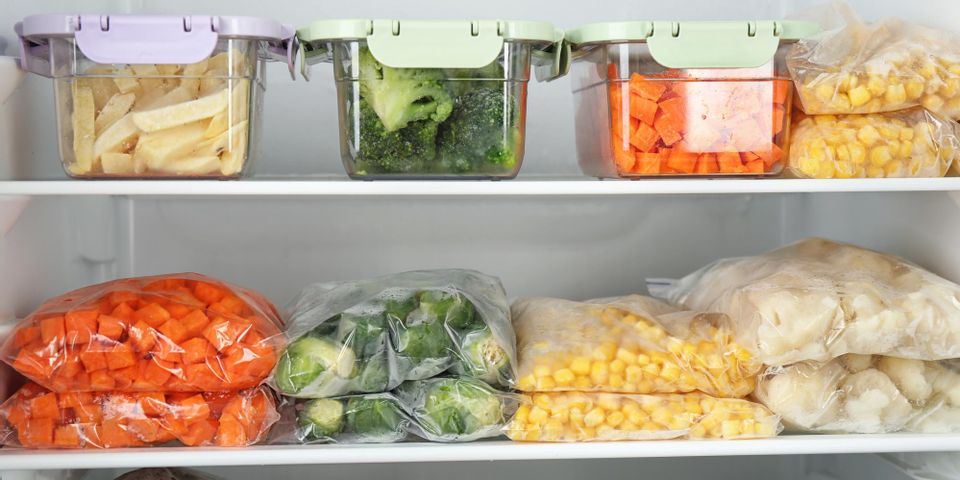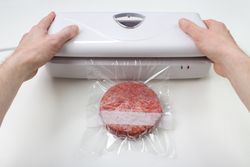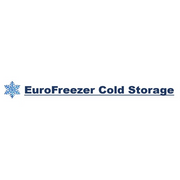How to Avoid Cross-Contamination in Commercial Food Storage

Cross-contamination occurs when bacteria from two different food items come into contact with one another. It is a problem when dealing with raw meat or allergens in dairy and gluten. It can also be an issue in commercial food storage. Follow these tips to keep your ingredients safe and separate as you arrange your refrigeration and freezer spaces.
3 Food Storage Tips to Prevent Cross-Contamination
1. Keep Foods in Sealed Containers
There’s a smaller chance of a leak if ingredients are sealed. Even if an accident occurs, the rest of your food is safe from harmful bacteria. Utilize clear containers or keep items in sealed plastic bags so you can see everything without opening them.
2. Put Raw Meat on Lower Shelves
 Raw meat, poultry, and seafood contain harmful bacteria that are typically killed during the cooking process. However, if bacteria seeps out of a bag and onto food items that don’t need to be cooked, it can lead to serious problems. This contaminated food can be served directly to customers and make them ill. To prevent this, keep raw meat on bottom shelves.
Raw meat, poultry, and seafood contain harmful bacteria that are typically killed during the cooking process. However, if bacteria seeps out of a bag and onto food items that don’t need to be cooked, it can lead to serious problems. This contaminated food can be served directly to customers and make them ill. To prevent this, keep raw meat on bottom shelves.
3. Separate Ready-to-Eat Foods
Many food service businesses keep prepared and raw foods in their refrigerators and freezers. Foods that are ready to serve should be kept in their own section to prevent contact with harmful bacteria. It’s useful to have a completely separate shelf or fridge for these items. This makes it easier to find items you need and adds another safeguard to prevent cross-contamination.
Having commercial food storage is essential for keeping items separate and preventing cross-contamination. EuroFreezer Cold Storage in Hialeah, FL, offers frozen and refrigerated space for food service businesses. The company offers flexible, month-to-month commitments and adjustable rates for every storage need. Call (305) 392-5555 to request a free consultation, or connect on Facebook.
About the Business
Have a question? Ask the experts!
Send your question

